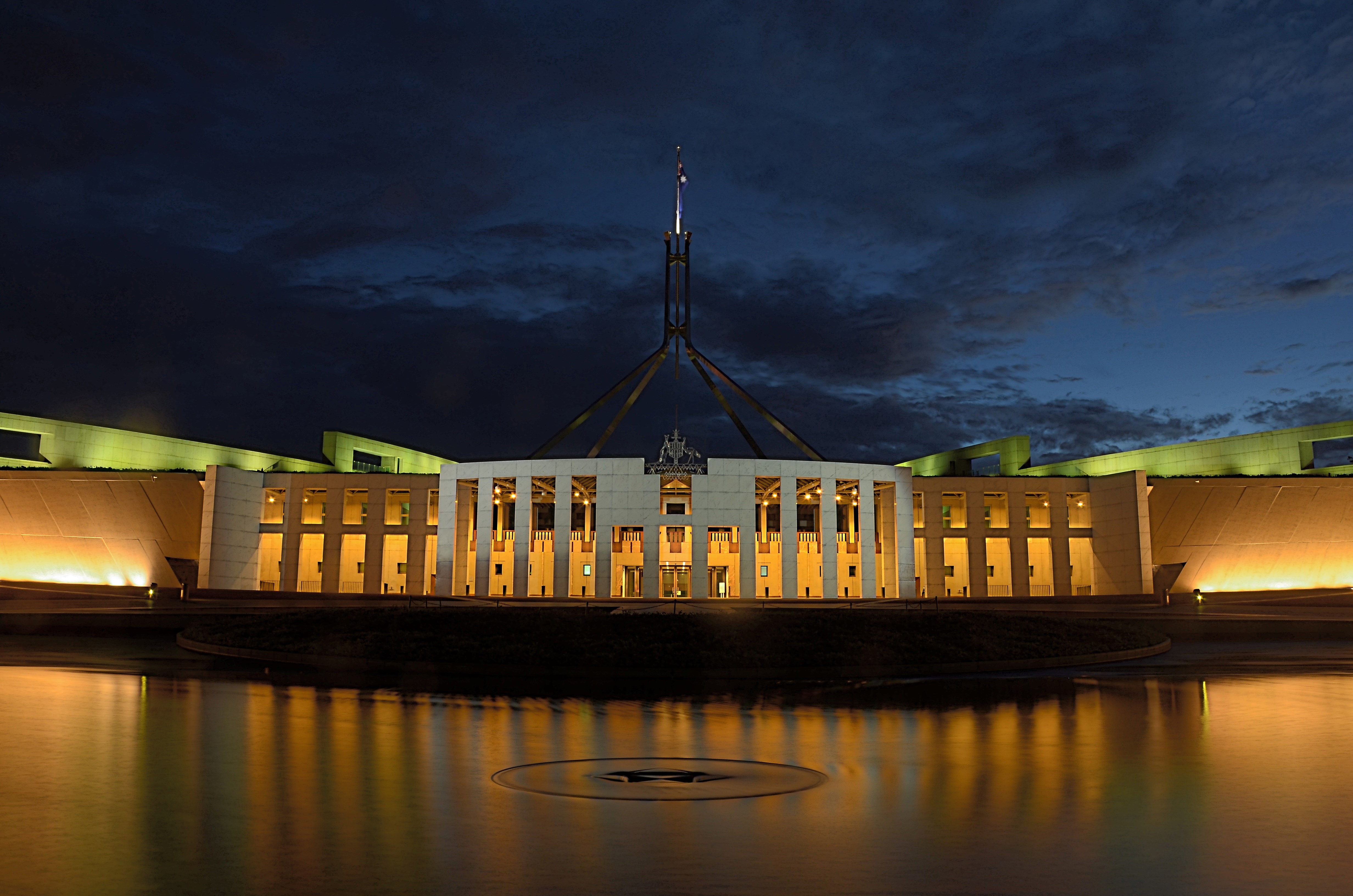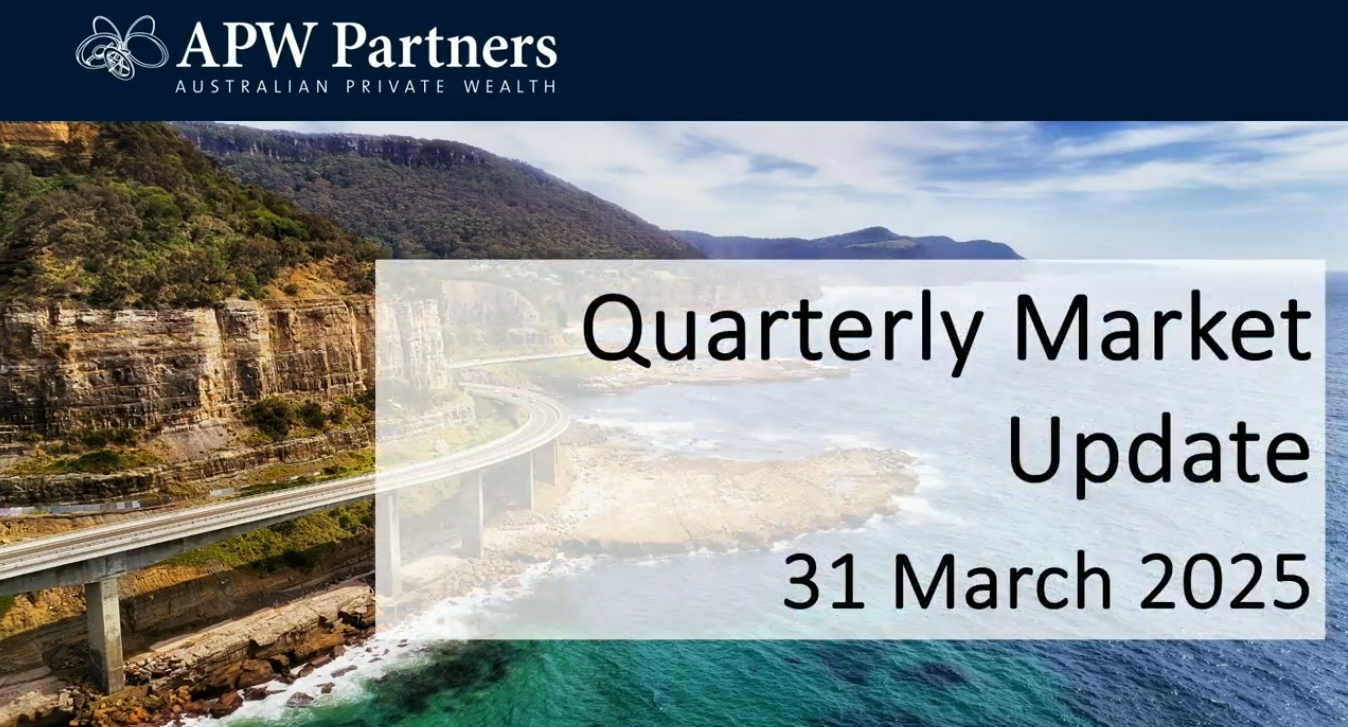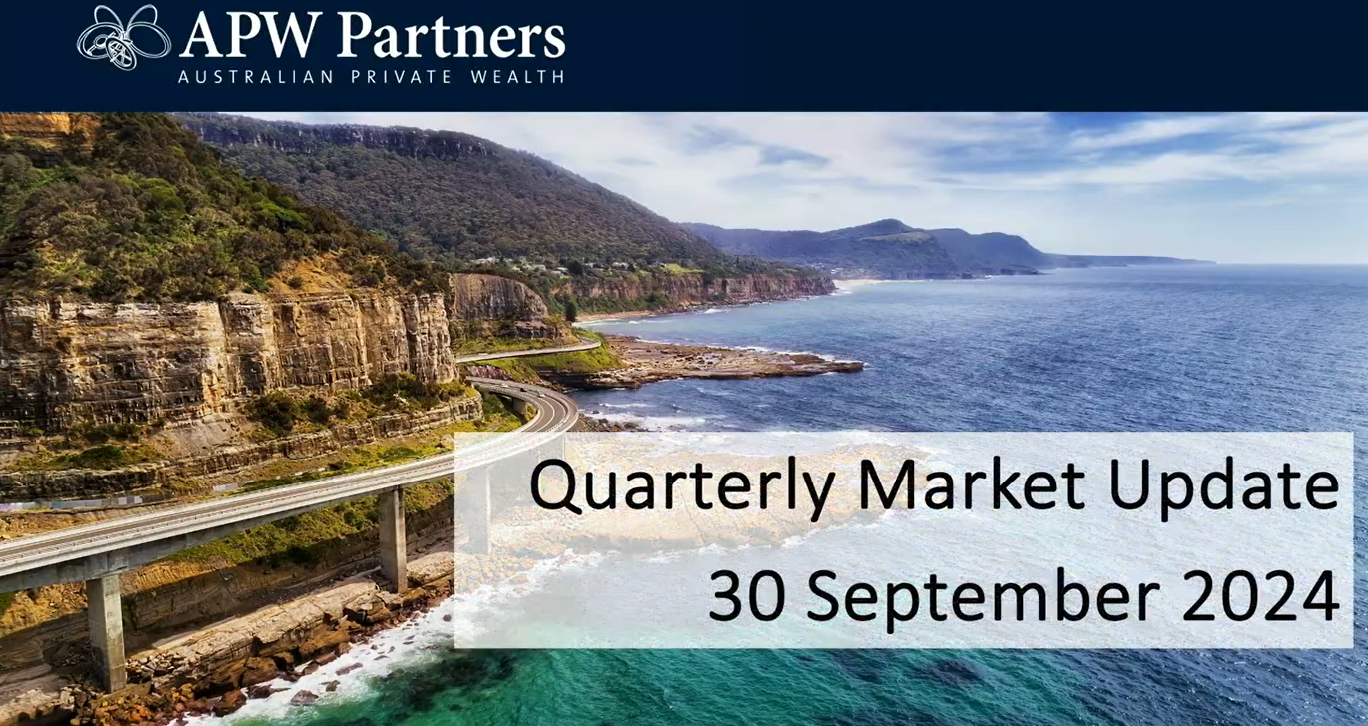2020 FEDERAL BUDGET

The 2020 Federal Budget outlined the Government’s vision for creating and sustaining jobs as the pathway to liberating the country from the impact of Covid-19.
The Budget sets the scene for a gradual pathway back to surplus, and hopefully out of the first recession for Australia in almost 30 years. A projected FY2021 budget deficit of $213 billion will see Government debt levels increase significantly to $703 billion and peak at $966 billion in FY2024 or 44% of GDP.
History suggests the employment recovery following recessions can be long and arduous, having taken 8 years in the 1980’s to return to pre-recession levels of ~6% while the 1990’s took even longer. The more recent experience has been relatively similar with unemployment in the last decade averaging well above pre-GFC levels.
As the list of Budget announcements is quite lengthy, we have endeavoured to detail matters of most interest to clients of APW Partners and their families below.
Importantly we will evaluate this on a case by case basis and contact you if there are any matters to discuss.
Personal Income Tax Cuts
Prior to the Budget, tax rates were scheduled to commence from next financial year. As these are not typical times, tax cuts will ‘go live’ as soon as December and be backdated with effect from 1 July 2020.
The following rates will now apply from 1 July 2020 – 30 June 2024:
- 0.0% tax on the first $18,200 (unchanged)
- 19.0% tax on income from $18,201 – $45,000 (increased from $37,000).
- 32.5% tax on income from $45,001 to $120,000 (increased from $37,000 – $90,000)
- 37.0% tax on income from $120,000 to $180,000
- 45.0% tax on income above $180,000 (unchanged)
Low Income Tax Offset (LITO)
The Government has also announced that the legislated increase to the Low Income Tax Offset (LITO) from $445 to $700 per year will be brought forward to 1 July 2020 instead of 1 July 2022.
| Taxable Income | Amount of the LITO from 1 July 2020 |
| $37,500 or less | $700 |
| $37,501 to $45,000 | $700 less 5% of excess over $37,500 |
| $45,001 to $66,667 | $325 less 1.5% of excess over $45,000 |
Superannuation Guarantee
No changes have been announced to the current timetable for mandated increases to the Superannuation Guarantee Levy. It is currently legislated to increase to 10% from 1 July 2021 and a further 0.5% each financial year until it reaches 12%.
$250 economic support payments
Two tax-free economic support payments of $250 each will be paid to individuals in receipt of certain government income support (including the Aged Pension) and Commonwealth Seniors Health card holders. Payments will be made from November 2020 and early 2021.
Private health cover
From 1 April 2021, the Government proposes to increase the maximum age of dependants allowed under Private Health insurance policies from 24 to 31 years and remove the age limit of dependants with disabilities.
Superannuation
New duties and responsibilities for super fund trustees (effective 1 July 2021) will help ensure trustees are more accountable and transparent in how they manage the retirement savings of members. Trustees will be required to comply with a new duty to act in the best financial interests of members and be able to demonstrate there was a reasonable basis for their actions.
The Government will provide $159.6 million over four years from 2020-21 to implement reforms to superannuation to improve outcomes for superannuation fund members. There will be increased regulation for the super sector with a greater focus on transparency, fees and underperforming funds.
Some of the measures include:
- existing superannuation accounts will be ‘stapled’ to members so as to avoid the creation of new accounts upon change of employment. Future enhancements will enable payroll software developers to build systems to simplify the process of selecting a superannuation product for both employees and employers through automated provision of information to employers.
- the Australian Taxation Office will develop systems to enable new employees to select a superannuation product from a table of MySuper products through the YourSuper portal
- providing an obligation on super funds to align performance with members’ best interests
- from July 2021 the Australian Prudential Regulation Authority will conduct benchmarking tests on the net investment performance of MySuper products. Products that have underperformed over two consecutive annual tests will be prohibited from receiving new members until a further annual test that shows they are no longer underperforming.
JobMaker Hiring Credit
To promote and accelerate employment growth, the Government has committed $4 billion over the next three years in the form of JobMaker Hiring Credits to eligible employees aged 16-35 years. The program is designed to encourage employers to hire young workers and move people from JobSeeker, Youth Allowance or Parenting Payment programs into stable employment.
The subsidy will be split into two, age-based tiers and will be available to employers excluding the major banks and those businesses that are currently claiming JobKeeper. Eligible employers will receive a credit of $200 per week for certain employees aged 16-29 that increase the total headcount and payroll of the business and $100 per week for those aged 30-35.
The payments will be available for the first 12 months of a worker’s employment and will be capped at $10,400 for each additional position created. Whilst new jobs created from 7 October 2020 will be eligible for the program, employers will be required to make claims in arrears beginning 1 February 2021.
For an employee to be eligible for either of the tiers of payment, they will be required to have worked, on average, at least 20 hours per week each quarter. Further to this, they must also have received the JobSeeker Payment, Youth Allowance or Parenting Payment in at least one of the three months prior to their new employment.
Apprenticeship wage subsidy
The Government will provide $1.2 billion from 2020-2021 to increase the number of apprentices and trainees employed. This investment will be made over four years and is accessible to businesses of any size. Eligible businesses will be reimbursed with up to 50% of the apprentice or trainee’s wages worth up to $7,000 per quarter. This subsidy is capped at 100,000 places.
Temporary full expensing of capital assets
The Government has announced a temporary measure to allow businesses to claim an immediate tax deduction for the full cost of eligible capital assets up to $150,000.
Under the new measure, businesses with aggregated annual turnover of less than $5 billion will be able to deduct the full cost of eligible capital assets acquired from 7:30pm AEDT on 6 October 2020 and first used or installed by 30 June 2022.
The announcement also extends the current instant asset write-off by giving businesses an extra six months, until 30 June 2021, to first use and install those assets.
Temporary Loss Carry Back
In a move to support businesses and their cashflow, the Government is allowing companies with turnover of up to $5 million to elect to carry back tax losses from FY2020, FY2021 and FY2022 income years to offset previously taxed profits in FY2019 or later income years. This refund will become available once FY2021 and FY2022 tax returns are lodged.
Any businesses that do not elect to take part in this scheme can continue to carry forward losses as normal.
Fringe Benefits Tax for Small Medium Enterprises (SMEs)
From 1 April 2021, the following FBT exemptions that currently apply to small business employers with aggregated turnover of less than $10 million will be extended to those with aggregated turnover of up to $50 million:
- Car parking: This exemption will typically apply to parking provided on an employer’s premises, i.e. the exemption does not apply in the case of parking provided at a commercial parking station, and it will also not apply to employers that are public companies (including their subsidiaries) or government bodies.
- Work-related portable electronic devices: Multiple work-related portable electronic devices, such as laptops, tablets and mobile phones that are provided to employees in the same FBT year (and having substantially identical functions) will all be exempt from FBT. This will be a useful concession for employers to provide their employees with additional portable technology to support a flexible working environment.
First Home Loan Deposit Scheme
Extending the First Home Loan Deposit Scheme to provide an additional 10,000 guarantees in 2020-21 to enable eligible first home buyers to build a new home or purchase a newly constructed home with a deposit of 5%.
Granny flats
The Government announced that it will provide a Capital Gains Tax (CGT) exemption for granny flat arrangements where there is a formal written agreement for a family member to reside on the relevant property (either in the same home or a separate building).
The exemption will apply to arrangements with older Australians or those with a disability. If this measure is legislated before 30 June 2021, it should commence as early as 1 July 2021.
Summary
Whilst the Budget contained a number of new measures, APW does not consider any of the announcements to have a significant material impact to warrant the change of current strategies being implemented for clients.
Author: APW Partners, with thanks to budget commentaries from PWC, Macquarie Bank, IOOF, BDO and Colonial First State.


